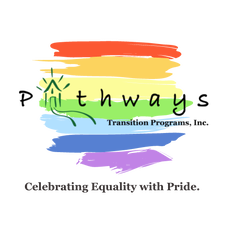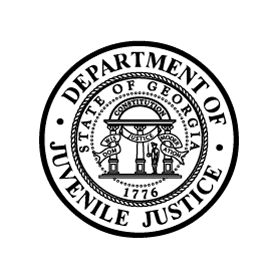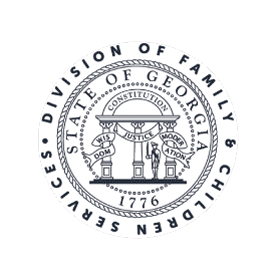It is vital that we maintain awareness of this complexity and realize that individually we understand a limited aspect of the whole, but when we come together and share our observations and impressions, we have a better chance of understanding the bigger picture and arriving at effective solutions to some of society’s most change-resistant problems. This is true in our professional lives as well as our lives as members of families and community groups. You know that uncomfortable feeling of being uncertain…don’t you usually want an answer, a decision as fast as you can get to one? It’s human to want closure, to believe you have the whole picture. We’re not comfortable with “not knowing,“ we don’t much like ambiguity. Psychological research has shown for a long time that this is universal. From infancy on, all of us try to make sense of the experiences we have. Let’s consider Baby A, who gets a lot of attention, whose needs are anticipated and met without delay. Baby A’s parents’ hearts are overflowing with love that they happily express. This baby is likely to grow up believing that the world is a pretty cool place, that people can be trusted, and that “I matter.” On the other hand, Baby B’s start in life is marked by instability, his cries are ignored, he doesn’t get held and cuddled, he may hear the frightening noise of adult fights, and maybe he even gets physically hurt. What kind of “sense” do you think Baby B can make of the world? What kind of world view, or “philosophy of life,” might this child be developing? Can he believe that he “matters?” We all approach every new experience with expectations that reflect our world views, impressions that we’ve been refining since we first drew breath. So, when experiences confirm our world view, we say to ourselves, “I was right!” But, when experience challenges our world view, we don’t give in so readily. We’re apt to say, “It can’t be so!” and we set out to prove ourselves right.
Conversely, Baby B may find himself in a school and community where many of his peers hold the same beliefs, thus reinforcing his view of the world as unfriendly and unsafe, a place where one has to protect oneself.
In our respective professions we come in daily contact with children like Baby B. In our attempts to help him each of us brings a unique perspective. When we all get together to talk about him and come up with a shared understanding, our efforts are challenged by “The Blind Men and The Elephant” phenomenon. Baby B’s teacher is most concerned about his disruptiveness in her class. His DFCS caseworker’s focus is on Baby B’s mother completing her case plan. And Baby B’s mother is preoccupied with the intrusiveness of all these agencies in her life, and she’s unsure how to meet their expectations. Meanwhile, Baby B’s therapist worries about his “low self esteem.” How does such a group arrive at a consensus? I call the model that guides our work at Pathways [Transition Programs] the Kaleidoscope Model™️. Just as a slight shift causes the pieces in a kaleidoscope to form a new pattern, a slight shift in awareness causes our worldviews to shift and make new sense of our lives and our options. “Kaleidoscope” helps us to remember that the goal of our work is to help individuals shift their worldview to accommodate information and realities that had been excluded. So, when we meet a child whose behavior reflects a lack of trust, we first attempt to understand this lack of trust and ask ourselves how we can help him begin to trust again. Behavior change follows swiftly (and more importantly, this change is lasting) when a young person is willing to risk examining his worldview. Witnessing this shift is a great reward and honor. Dr. Sunaina Rao Jain Child & Adolescent Clinical Psychologist Founder, CEO Pathways Transition Programs
0 Comments
Leave a Reply. |
Author
|
Pathways Transition Programs, Inc. 120 E Trinity Place, Decatur, Georgia 30030 404.378.2300 © 1991 — 2022 All rights reserved.



 RSS Feed
RSS Feed








